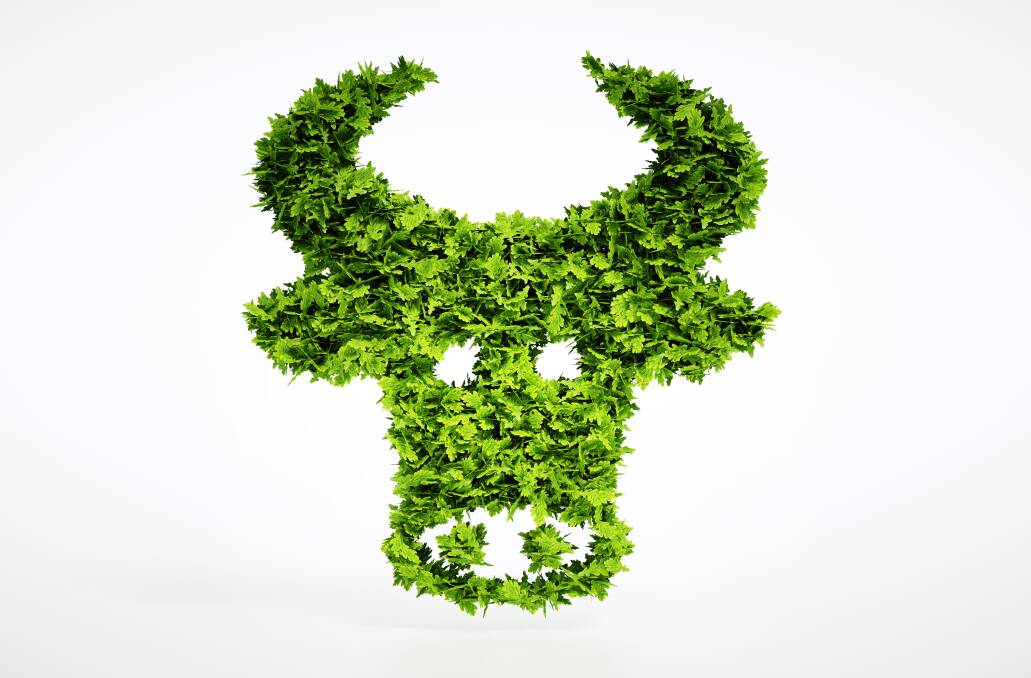
The beef industry cut its greenhouse gas emissions by more than half between 2005 and 2016 according to a new report which will be released on June 5.
Subscribe now for unlimited access to all our agricultural news
across the nation
or signup to continue reading
The pleasing achievement will be contained in the second update of the Australian Beef Sustainability Framework.
Using 2005 as the baseline year, the industry has reduced emissions by 57.6pc (for the most recent reporting period of 2016) largely through a focus on improving productivity and vegetation management practices.
Thes figure was calculated by CSIRO from datasets contained in the Australian National Inventory Report in the agriculture and land use change categories, relating to beef production.
The most recent available data from 2016 was prior to the industry setting the target to be carbon neutral by 2030 but demonstrates more big GHG emissions reductions are possible.
Tess Herbert, the NSW lot feeder and farmer chairing the industry-representative group appointed to steer the framework, said significant sustainability gains were being made.
She said the team had worked in the past year to refine the way things were measured and to collect more data.

Ms Herbert said it would show the industry was committed to improving its care of natural resources, animals and people and was addressing issues that matter to major customers, investors, special interest groups and the broader community.
The Australian Beef Sustainability Framework is a whole-of-industry initiative to define and track sustainable beef production in the Australian context.
"The beef industry in under increasing scrutiny. Demands from outside our industry to prove our care for the environment, animals and people have grown in the past year," Ms Herbert said.
"This framework is a way to be on the front foot, address concerns and tell our story. I think this year's report is a great example of this."
Ms Herbert said the 2019 annual update contained data for 80 per cent of the framework indicators - up 20 percentage points from last year.
"This gives the industry a great baseline from which we can show our improvement to build community trust and protect and grow access to markets and capital," she said.
"We can turn steps into strides on sustainability."
She was pleased to see beef businesses using the framework to drive their own sustainability initiatives.
Highlights to expect from the update report include:
. The first national vegetation indicators and measures for the beef industry;
. Increased use of pain relief on cattle;
. Development of an implementation plan for the industry to be carbon neutral by 2030;
. From 2005 to 2016, the beef industry reduced its greenhouse gas emissions by 57.6pc;
. Establishment of the National Livestock Genetics Consortium; and
. The beef industry's involvement in the Rural Safety and Health Alliance (RSHA) to invest in
practical extension solutions.
The full report will be available on June 6 on www.sustainableaustralianbeef.com.au.


